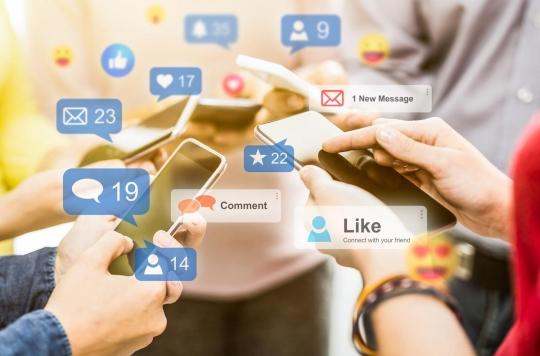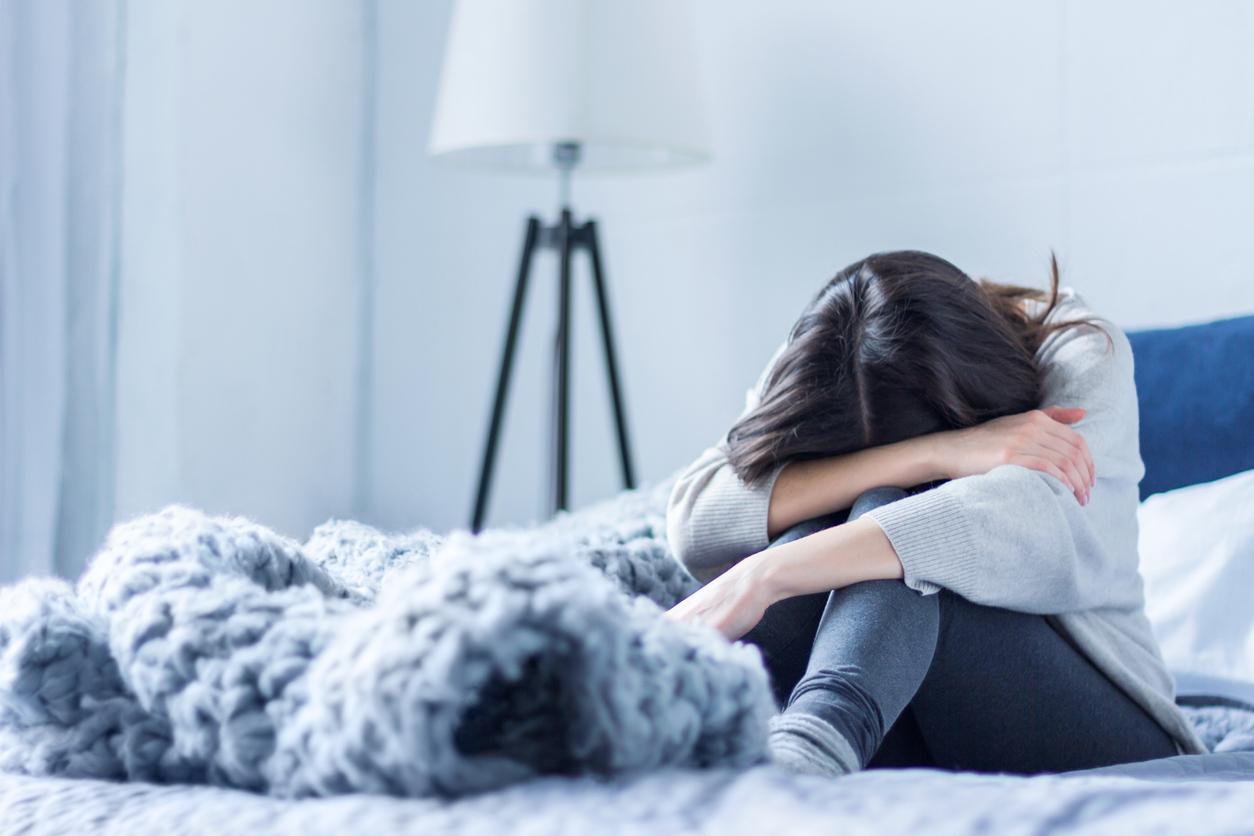To double your chances of being viral on social networks when talking about politics, it is better to publish negative comments.

- Each added word referencing a rival politician or competing worldview increases the chances of a post being shared by an average of 67% across the data set.
- Facebook and Instagram plan to leave the choice to the user to be able to hide the number of “likes”.
- Numerous studies show the negative effects of social networks on self-esteem and the risk of depression.
“Criticism is easy but art is difficult”. This phrase by comedian and playwright Philippe Néricaut dates from the 18th century but has rarely seemed more topical than in the era of social networks. While the regional and departmental elections delivered their verdict this Sunday, June 27, publications on social networks continue to flow. In a study published on May 15 in the journal PNASBritish researchers at the University of Cambridge suggest that posts about policies are twice as likely to go viral if they are negative rather than positive.
67% more chance of being shared
The researchers analyzed 2.7 million tweets and Facebook posts from US media and political figures over five years. They found that negative posts whose purpose is to attack or mock a political opponent are twice as likely to provoke reactions. This type of post attracted more reactions, whether angry or laughing emojis, than positive posts resulted in hearts or thumbs up.
Each added word that refers to a rival politician or competing worldview increases the chances of a post being shared by 67%. “Tearing down political opposition was the strongest predictor of going viral of any we measured. This was the case for Republican and Democratic-leaning media and politicians, on Facebook and Twitter.”, found Steve Rathje, lead author of the study.
Hiding likes, a good idea with little effect
Social media algorithms are designed to promote the most popular content. Critical, and even sometimes extreme, remarks being the most popular, the question of the influence of these new mediums necessarily arises. More and more scientific studies point to the negative role that social networks can have.
To counter this effect, Facebook and Instagram have recently indicated that they want to allow users to be able to hide the number of “likes” received by a publication. Several specialists reacted to this announcement by explaining that the effects on users will be insignificant. “It may be a step in the right direction for some people, but I don’t believe it will be a major transformative change.”, estimated Sophia Choukas-Bradley, assistant professor of psychological and brain sciences at the University of Delaware, in the washington post. “We know that the default settings are very powerful, and many users may not take the time to modify their settings and make the change.”, adds Jeff Hancock, founding director of the Stanford Social Media Lab.
Posts have a negative effect on self-confidence
The problem is not so much to be able to hide or reveal the “like” as one pleases, but to participate without sometimes even wanting it in a frantic quest for social validation. It is the latter that worries many experts: in order to be “validated” by their peers and therefore “loved” by them, adolescents expose themselves to a watered-down vision of reality, their environment and those around them, and n do not necessarily have the keys to be able to thwart these pretenses.
In 2018, a study published in the journal Body Image showed that photographs posted on social networks have a negative effect on the self-confidence and body perception of young women who consult them assiduously, comment on them and “like” them. This social pressure to be “liked” virtually can thus lead them to develop eating disorders and have a lasting effect on their self-esteem or their way of apprehending their body image. “When we compare ourselves to other people, it can affect how we evaluate ourselves”, estimated then Jennifer Mills, lead author, who warned against eating disorders that can cause social networks.
An increased risk of depression
Another 2019 study proved him right, showing that among 996 teenagers, 51.7% of girls and 45% of boys suffered from eating disorders. They tended to skip meals and exercise excessively to lose or avoid weight gain. Instagram and Snapchat users seemed to be the most affected.
Too much use of social networks like Facebook or Instagram can also increase the risk of depression, which led experts to publish in 2019 an open letter in The Lancetto urge depressed people to move away from social networks to favor real social interactions.
















